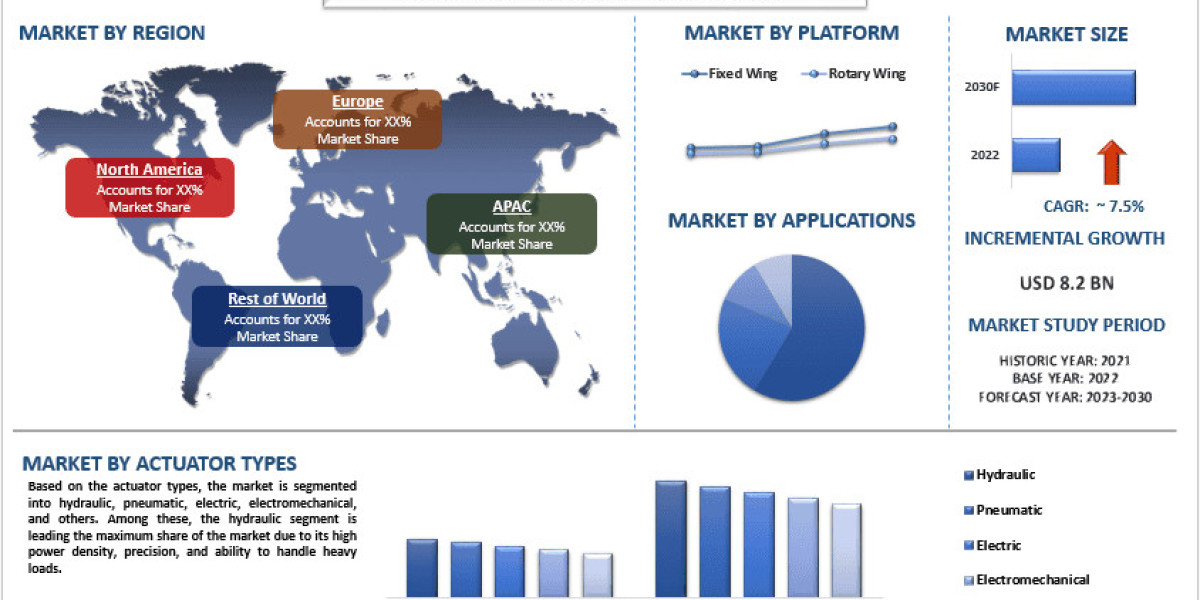Yet when it comes to online gambling sites, the legal framework has long been a patchwork of restrictions, offshore activity, and regulatory loopholes.
By 2025, the landscape has evolved significantly. Australians are gambling online in record numbers, and governments are under pressure to strike a balance between consumer protection, economic opportunity, and global competitiveness. The result is a legal environment that is more nuanced than ever before.
Current Regulations and Their Evolution
The Interactive Gambling Act (IGA) has been the cornerstone of online gambling regulation in Australia since 2001. Initially designed to limit access to unlicensed offshore casinos, it primarily restricted operators rather than individual players. For years, Australians continued to access international gambling sites, often without clear legal consequences.
By 2025, regulatory updates have placed greater emphasis on consumer protection and transparency. Licensed operators must now comply with stricter verification standards, anti-money laundering protocols, and responsible gambling measures. At the same time, enforcement against unregulated sites has intensified, with financial institutions and internet providers required to block transactions to blacklisted operators.
Offshore Casinos and Australian Players
One of the biggest challenges for regulators remains the popularity of offshore platforms. Australians are drawn to these sites for their wider game variety, attractive bonuses, and, in some cases, the ability to gamble with cryptocurrency. Despite ongoing enforcement efforts, many international operators continue to cater to Australians.
The Australian government has increased collaboration with overseas regulators to curb this trend. In 2025, more bilateral agreements are in place to share information, enforce penalties, and block unlawful activity. Yet offshore casinos remain a powerful force, raising questions about whether prohibition or integration is the better path forward.
The Role of State vs Federal Regulation

Another key feature of Australia’s gambling landscape is the division between state and federal authority. While the federal government oversees online gambling at large, individual states play a role in land-based casinos, sports betting, and poker machines.
By 2025, this division has led to debates about whether states should also have more say in online casino regulation. Some states, recognizing the potential tax revenue, have pushed for locally licensed online casinos under strict conditions. Others remain cautious, concerned about rising rates of problem gambling. The tug-of-war continues to shape the regulatory narrative.
Responsible Gambling in 2025
Australia has one of the most robust responsible gambling frameworks in the world, and by 2025 these measures have expanded further. Licensed online casinos are now required to implement:
Comprehensive self-exclusion programs accessible across multiple platforms.
Deposit and wager limits that players can set and adjust responsibly.
Real-time monitoring to identify risky behavior and provide intervention.
Enhanced transparency with clear information on odds, payouts, and risks.
These safeguards are designed to address the social cost of gambling, ensuring that industry growth doesn’t come at the expense of vulnerable players.
Cryptocurrency and the New Frontier
One of the most significant shifts in recent years has been the rise of Bitcoin and other cryptocurrencies in online gambling. By 2025, many Australians are using crypto wallets to fund accounts, attracted by the speed, privacy, and low transaction costs.
Regulators have responded by introducing rules for casinos that accept cryptocurrency. Operators must now integrate blockchain transparency with anti-money laundering checks, ensuring that the benefits of digital currency don’t enable illicit activity. While some Australians remain skeptical, the integration of crypto into licensed platforms represents a major step toward modernization.
Technology and Compliance
Advances in technology are helping regulators enforce compliance more effectively. Artificial intelligence is now widely used to monitor suspicious activity, detect fraud, and analyze betting patterns that may signal problem gambling.
For Australian players, this means safer platforms with fewer opportunities for exploitation. For operators, it means higher compliance costs, but also the chance to build trust with customers who value security and fairness.
International Influence on Australian Laws
Australia is not navigating this landscape alone. Global trends in online gambling regulation are influencing domestic policy. The European Union’s emphasis on transparency and North America’s state-by-state legalization model both provide frameworks that Australian lawmakers monitor closely.

In particular, agreements with European regulators have strengthened Australia’s ability to enforce standards against offshore operators. At the same time, the success of regulated U.S. markets has fueled arguments that Australia should take a more permissive stance to capture revenue from online casinos.
Public Opinion and Political Pressure
Public opinion in Australia continues to shape the debate. While gambling remains a popular pastime, there is growing awareness of the risks of problem gambling, particularly among younger demographics who engage heavily with online platforms. Advocacy groups call for tighter restrictions, while industry representatives highlight the economic benefits of a regulated market.
This tension ensures that gambling remains a political issue. Governments must balance the cultural importance of gambling, the need for consumer protection, and the opportunities presented by new technologies.
The Future Outlook for Australian Gambling Sites
Looking ahead, the legal landscape of online casinos in Australia will likely continue to evolve. By 2025, several trends are clear:
Stricter regulation of offshore operators through international cooperation.
Greater use of technology to monitor player behavior and enforce compliance.
Wider adoption of cryptocurrency as a standard payment method.
Ongoing debate about licensing local online casinos, with states potentially playing a larger role.
For Australian players, this means more secure and transparent experiences, though choice may remain limited compared to international platforms. For operators, success will depend on balancing compliance with innovation.
Even global publications like thenationonlineng have emphasized how online gambling regulation is becoming a defining issue of digital economies worldwide. Australia’s experience highlights the complexities of managing an industry that is both culturally embedded and rapidly changing.
In 2025, the legal framework is more sophisticated than ever, but the conversation is far from over. Australia’s online gambling future will depend on how effectively lawmakers, operators, and players can work together to shape a safe, sustainable, and competitive digital environment.


